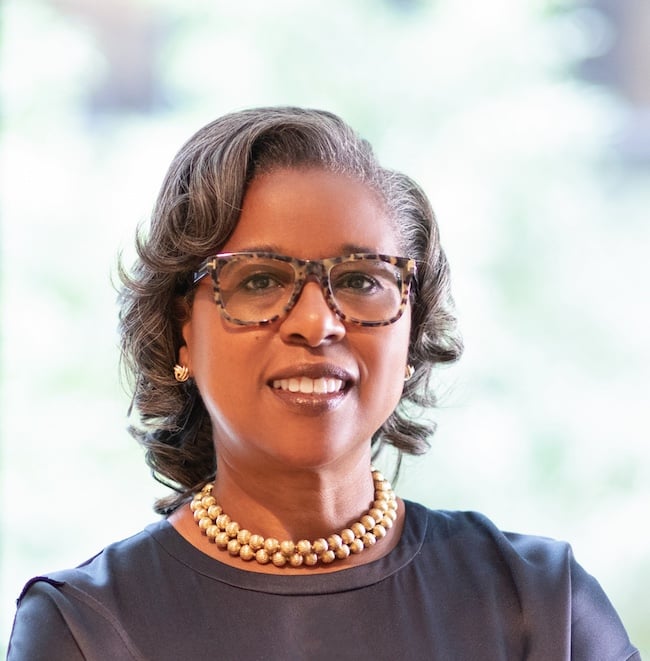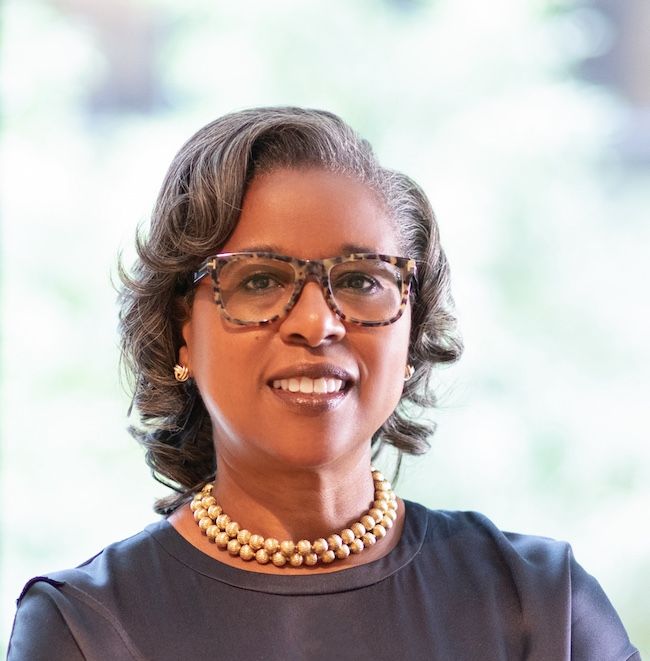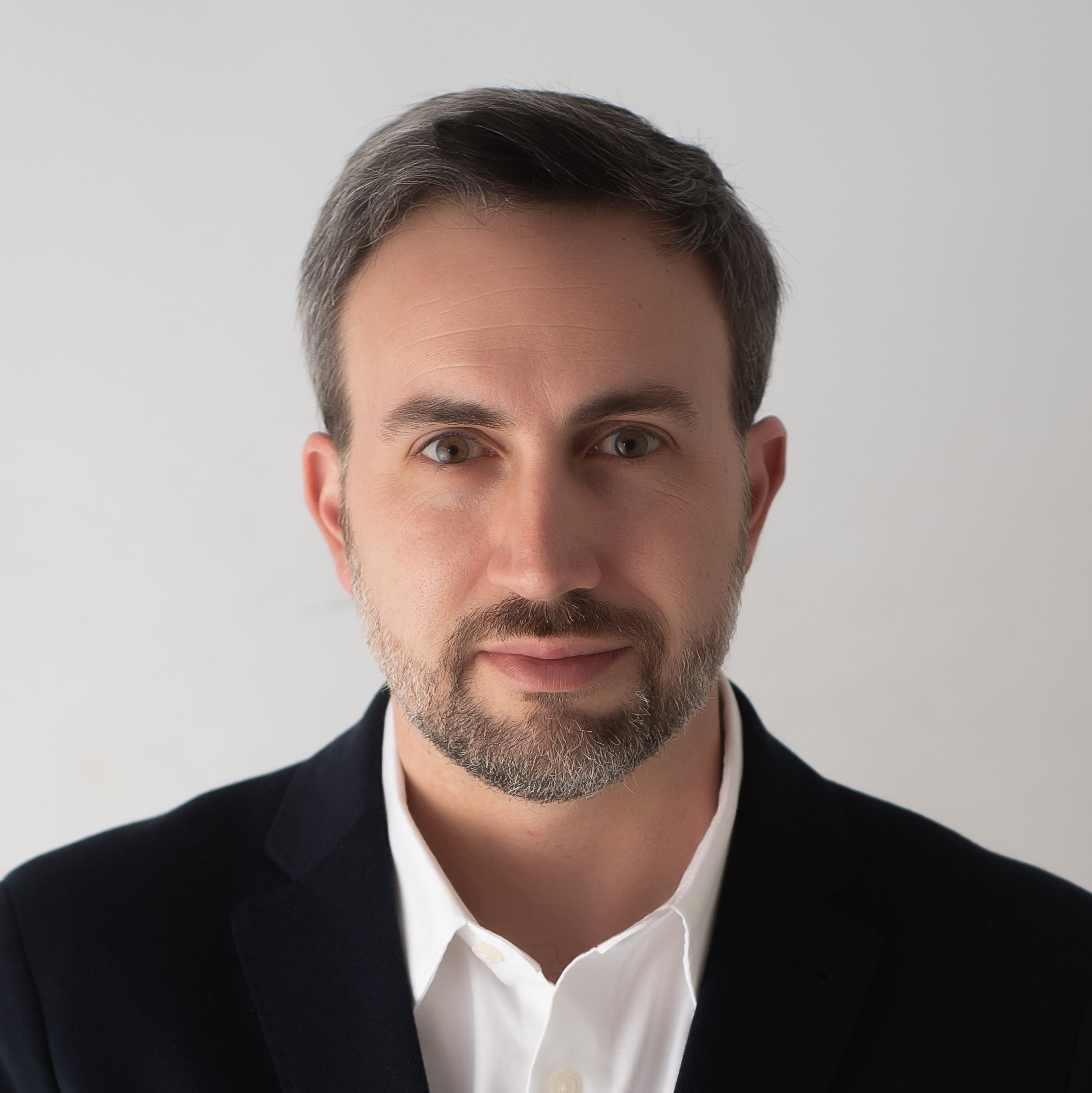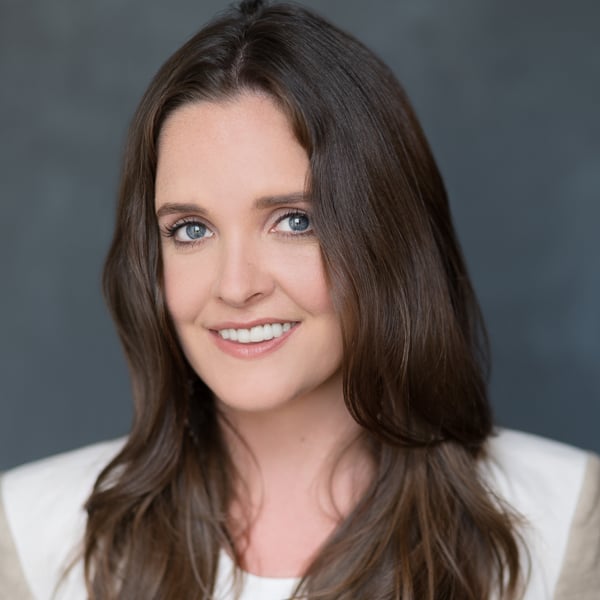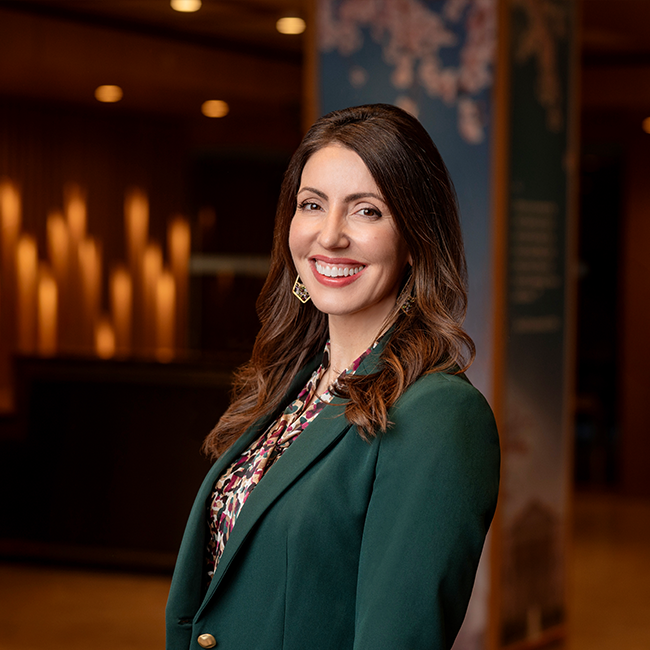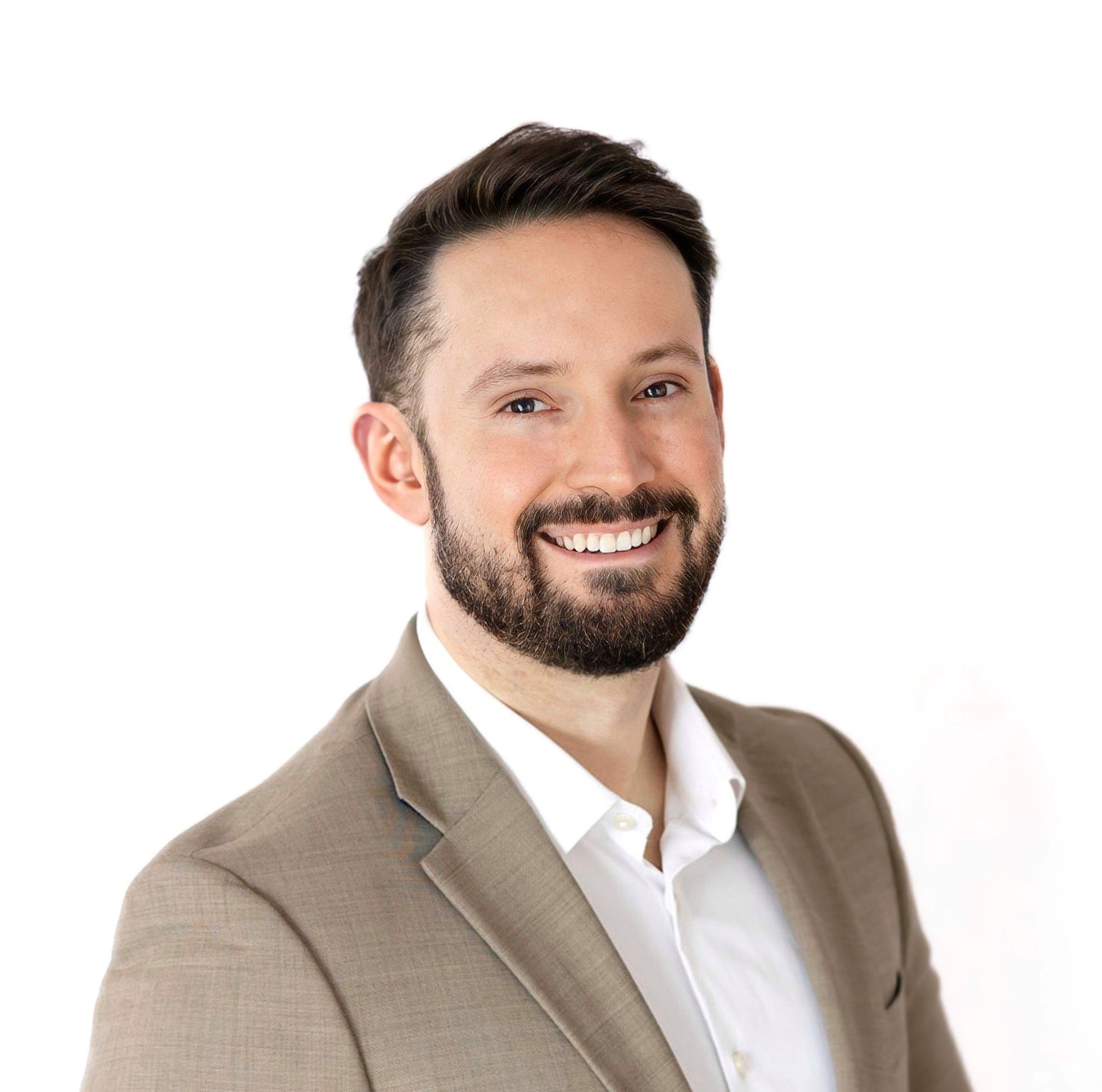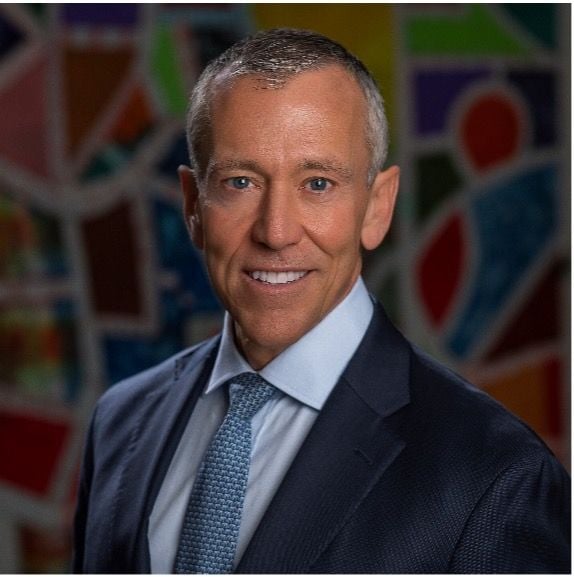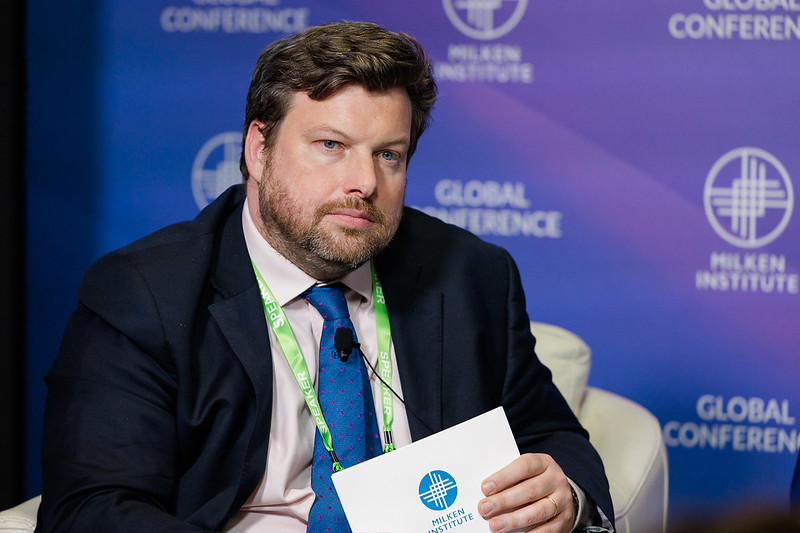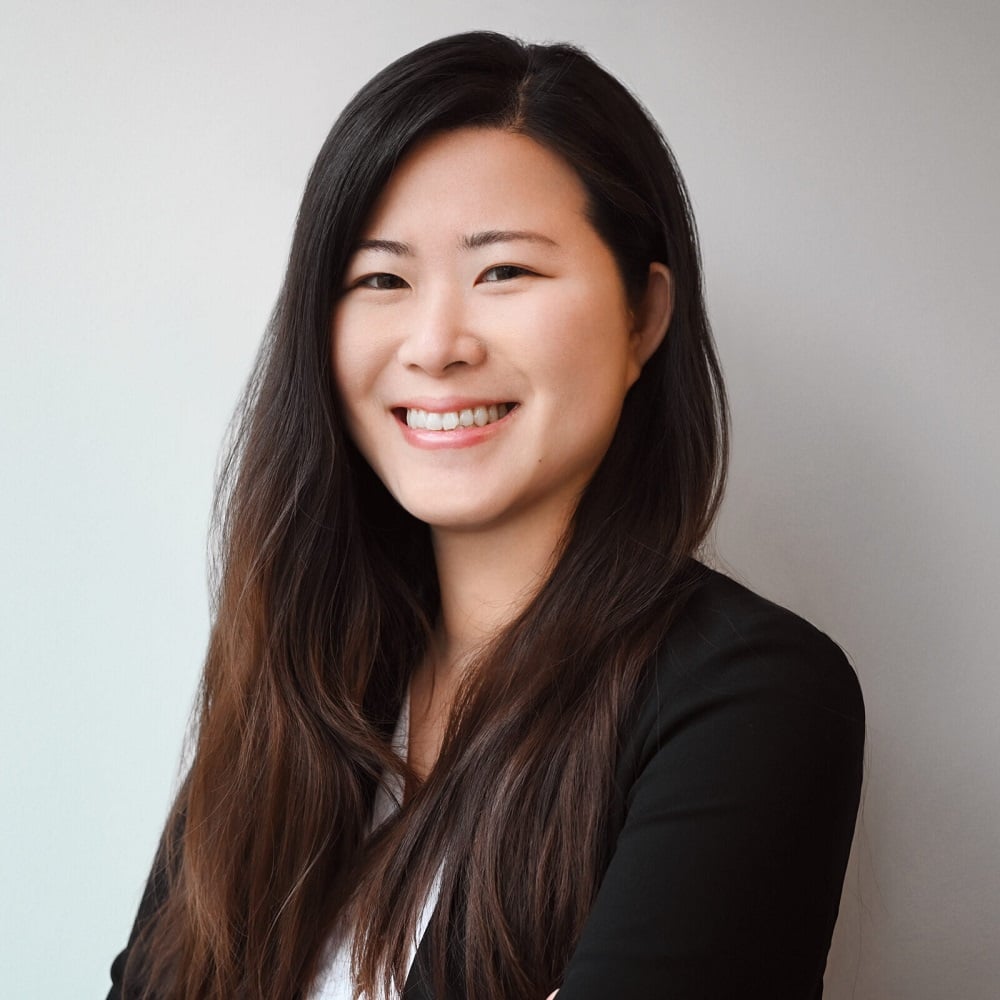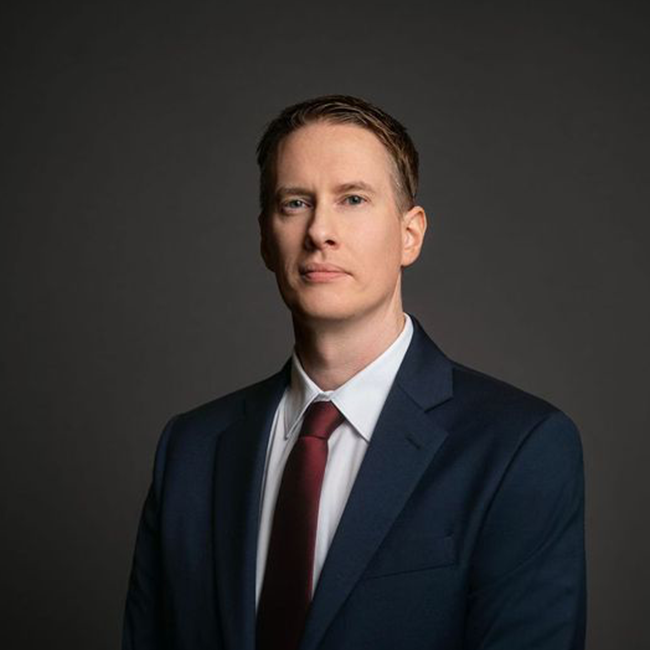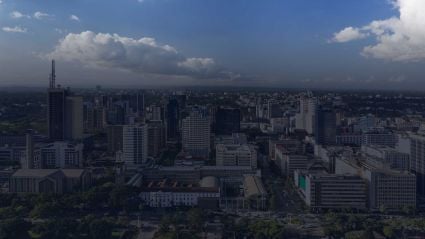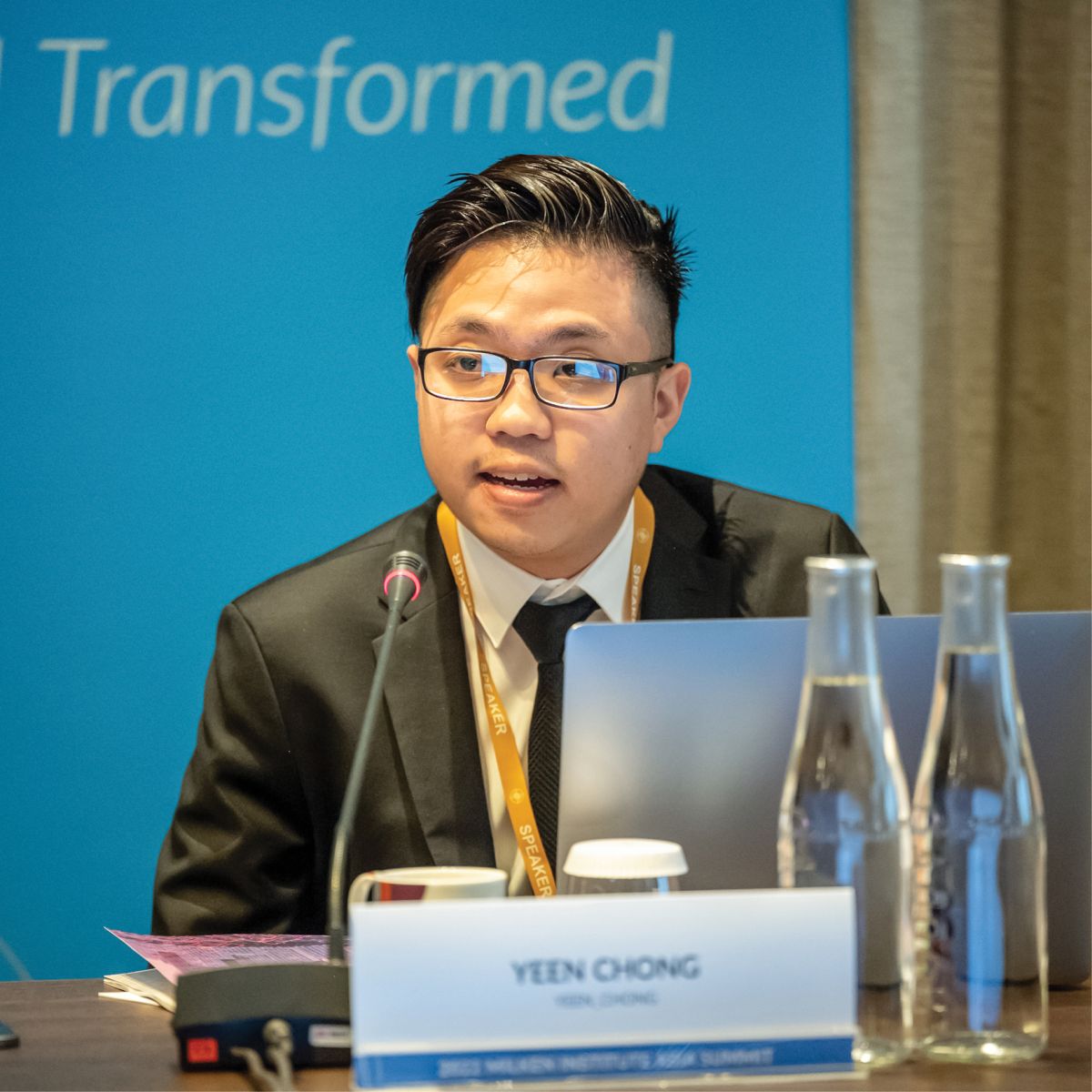
After 23 years, the African Growth and Opportunity Act (AGOA) expired on Tuesday. The Trump administration has signaled support for reauthorization, but Congressional action is needed to extend it.
In the meantime, US and African businesses struggle to plan and place future orders, with millions of African livelihoods hanging in the balance.
At its core, AGOA was a trade preference program that offered tariff-free access to the US market for African companies. But it was also something bigger: a signal that talent and hard work—not birthplace—could open doors to the world’s largest consumer market.
Most Africans don’t enjoy the advantages that Americans often take for granted: free quality education, government support, access to finance. AGOA’s message was clear: “Bring your raw talent, your hustle, your audacity–our door is open.” A surprising number of entrepreneurs did exactly that, building successful export businesses to the United States. Thousands more chased the dream, strengthening local industries and jobs along the way.
We have walked factory floors in Ghana, Cote d’Ivoire, Benin, Togo, Senegal, Kenya, Mauritius—modern, bustling, alive with energy—where thousands of young women found formal jobs for the first time. The opportunity provided was life-changing, from selling goods on the streets one week to formal sector jobs making Levi’s jeans and Calvin Klein shirts for the US market the next.
AGOA’s detractors focus on the fact that the program didn’t single-handedly transform trade with the continent and note vague concerns about undermining US manufacturing. But AGOA was never a threat to US jobs. In fact, AGOA supported many American companies to invest in production and sourcing in Africa. Without reauthorizing AGOA, the United States could miss countless opportunities to support our companies in shifting their supply chains away from China.
AGOA was an invitation for the world’s poorest to create jobs for themselves. It transferred no money directly to Africa. Its “cost” in foregone tariff revenues was trivial in comparison to US foreign assistance funding to the continent. Its objectives were directly responsive to African governments that shared our vision for a relationship centered on trade and investment. AGOA may not have fully transformed Africa, but its impact was real:
- Accelerating the development of African industries from apparel to automobiles
- Creating hundreds of thousands of formal sector jobs for young women
- Connecting millions of smallholder African farmers to the US market
AGOA never had the opportunity to realize its full potential. African firms need more than market access alone. They also need access to capital. US and African firms ultimately seek the certainty and predictability of permanent reciprocal free trade agreements rather than temporary unilateral trade preferences. Meanwhile, Europe, the UK, and China have all deepened their trade ties on the continent, leaving US firms at a potential disadvantage.
The consequences are real. African apparel exports are facing tariffs as high as 40 percent, with millions of Africans at risk of losing work and sinking back into poverty. What’s more, the immeasurable loss of goodwill toward the United States will be particularly costly at a moment when we are competing for influence and access to raw materials and supply chains that are inextricably linked to our future prosperity as a nation.
Yet, there are still many reasons to bet on the US-Africa economic future. Africa is about so much more than cocoa and clothing. It’s about services. It’s about world-leading FinTech and mobile money. It’s about Americans booking a “once in a lifetime” safari trip, tasting Cape wines, streaming Afrobeats, wearing African fashion, and watching Nollywood films.
The future of AGOA may be uncertain, but Africa’s hustle isn’t. With a median age of 19 and unstoppable entrepreneurial energy, the continent will continue to rise. Africa is already home to more than 320 million mobile internet users and is projected to rise to more than 520 million—a number that will be almost 50 percent more than the entire US population—by 2030.
The Milken Institute supports a reauthorization of AGOA, and we remain committed to investing in African human capital through our Global Financial Scholars Program, in African entrepreneurship through our Milken-Motsepe Prize, and in convening and mobilizing global capital to invest in African development priorities.
The Milken Institute Africa program shares the belief of our founding chairman, Michael Milken, that capitalism needs to work for everyone. Ultimately, this idea—that everyone should have the potential to achieve success and prosperity through hard work, determination, and initiative, regardless of their background, country of origin, or social class—is the foundation of the American Dream, which may be our most important global export.
